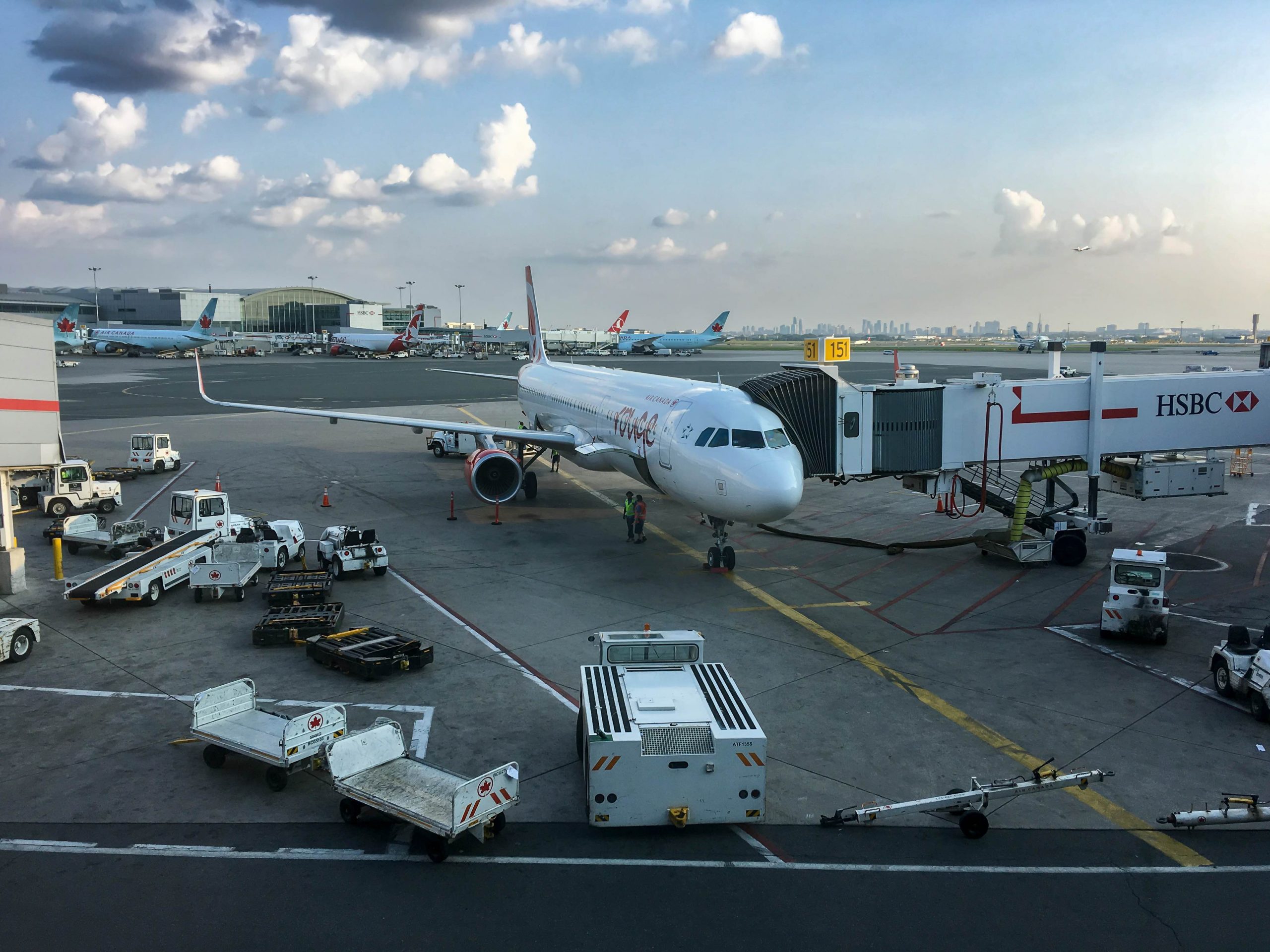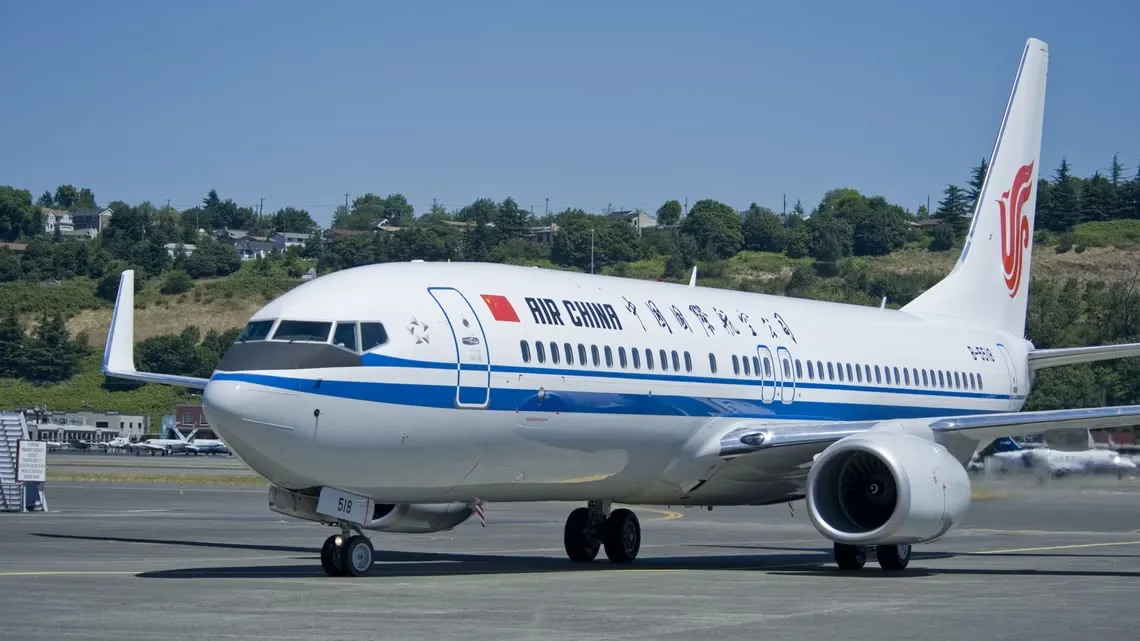Just a few weeks ago, a new federal rule was making headlines across the US as the United States Department of Transportation announced new aviation rules. Under the new rule, travellers can now be guaranteed an automatic cash refund. This rule was largely supported by travellers, however, even upon announcement, there was pushback from airlines. Additionally, the USDOT also ruled to help travellers stay more cautious of unneeded and unexpected fees. Although the USDOT appears to be making rules to help travellers, airline pushbacks are working against these new rules.
Major Clash Between Biden Administration and Air Carriers Over New Ruling
Although travellers from all across the US were waiting for a positive ruling, it appears that there is more pushback than anticipated on some of the new federal rules. Reuters is now reporting that major U.S airlines are suing the U.S Transportation Department over one of the new rulings. The airlines pushing back on the Biden administration include United Airlines, JetBlue Airways, Hawaiian Airlines, and Alaska Airlines. This major pushback comes as the USDOT issued its final ruling just last month. According to Reuters, the ruling required lines and ticket agents to disclose service fees alongside the airfare. With this, customers could be more cautious of unnecessary or unexpected fees.
Reuters is also reporting that USDOT says consumers are overpaying around $543 million in fees annually. This means that airlines and ticketing agencies are getting additional revenues from consumers who are paying these surprise fees. The new ruling could easily help avoid these fees, helping travellers with high travel costs around the U.S.
USDOT said Monday it will vigorously defend our rule protecting people from hidden junk fees and ensuring travelers can see the full price of a flight before they purchase a ticket, reuters reports.
Some of the additional fees include higher fees for checked baggage if not paid in advance in addition to major airlines boosting the fees being charged. Statistics show that U.S. airlines collected around $6.8 billion just in baggage fees. These fees are reported to be a bit lower in 2023, coming to a grand total of $5.5 billion. It appears that the ruling on automatic pushbacks has not been challenged separately yet.








